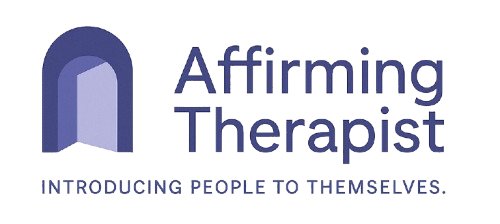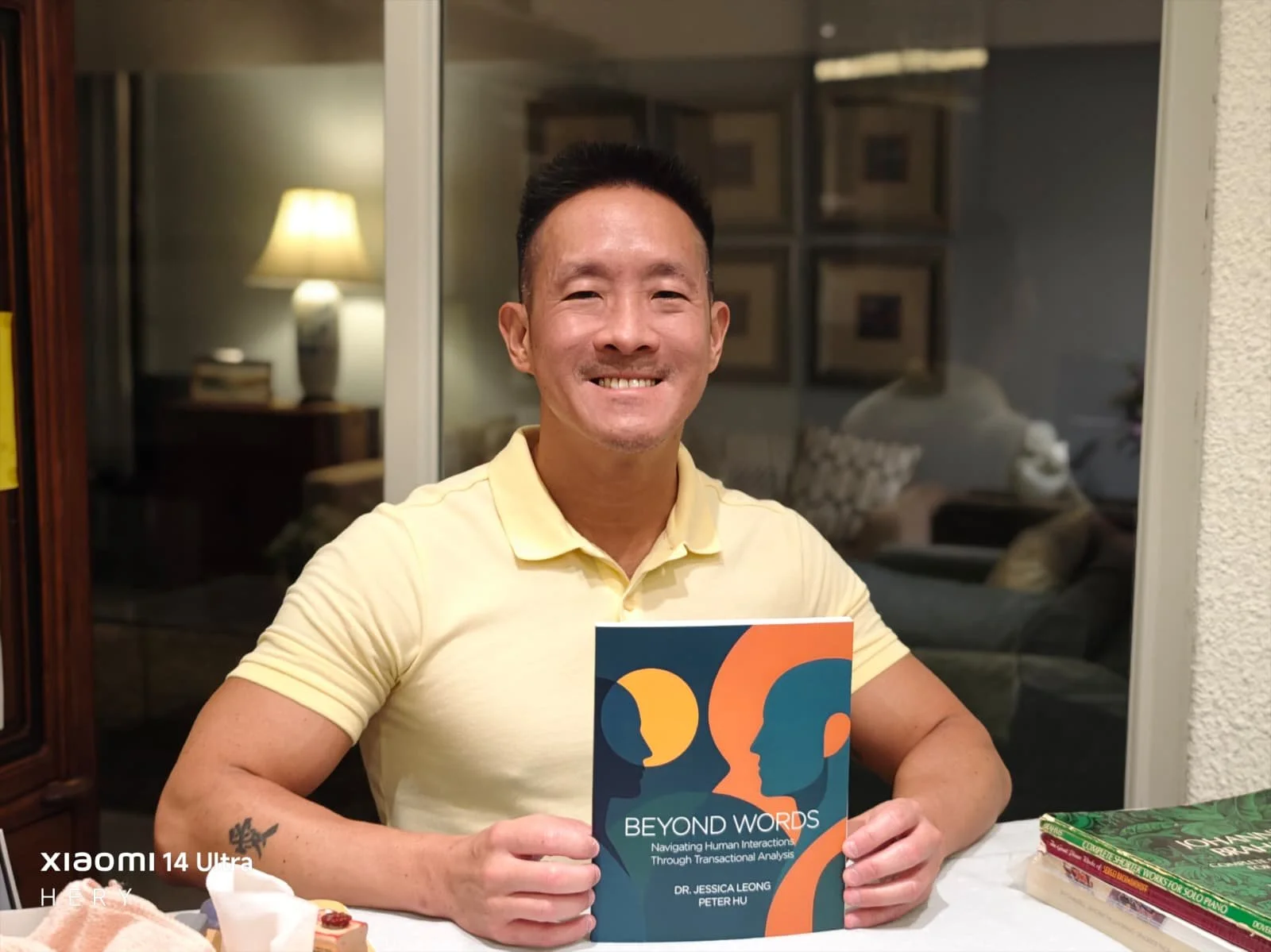Welcome to the blog of Peter Hu, a Singapore-based psychotherapist offering LGBTQ+ affirming therapy, trauma-informed care, and dream work. Here you'll find reflections, insights, and practical tools to support your healing journey, deepen your self-understanding, and navigate life with clarity and authenticity.
When a Manuscript Becomes a Book
People sometimes say that writing a book is like a long gestation, and that metaphor has stayed with me. This project kept asking me for a small share of each day – a bit of attention, a bit of emotional energy – often borrowed from other things I could have been doing. Over time, it was as if my life quietly redirected those small, unseen portions of itself toward the manuscript, until there was finally something tangible to hold.
Why Men’s Mental Health Still Gets Overlooked
If you’re a man who has ever felt alone but didn’t think you could talk about it, you’re not imagining things. Society often tells men to tough it out, to be the rock for others, to carry pain quietly. These messages might not be shouted out loud, but they’re everywhere—in how boys are raised, how men are portrayed, and in the way support systems are built.
Recently, Channel NewsAsia published a feature on male survivors of sexual trauma. One man described feeling as though he had failed as a man. That shame kept him from seeking help. His story is not unusual. Men often fall through the cracks—not because they don’t suffer, but because their suffering is rarely recognised in ways that feel safe or acceptable to respond to.
What Is LGBTQ+ Affirming Therapy?
You’ve probably come across therapists or services that say they are “LGBTQ+ friendly.” It’s a comforting phrase, one that implies you’ll be treated with kindness and respect. But friendliness isn’t always enough. Even tolerance, often seen as a social virtue, can fall short in the therapy room.
LGBTQ+ affirming therapy goes further. It doesn’t just tolerate difference; it validates identity, honours complexity, and creates space for your full self to be heard — without censorship, without suspicion, and without subtle erasure.
Why Emotional Honesty Still Feels Unsafe
We live in a society where everything looks fine — but everyone’s quietly exhausted.
We talk about “safe spaces” and “mental wellness” more than ever. But how safe is it, really, to say what we feel? To speak up when we disagree, break down, or just be messy?
In classrooms, community groups, family dinners, and even therapy spaces — there’s often an unspoken pressure to be presentable, agreeable, contained.
Jungians define the persona as “a kind of mask… designed … to make a definite impression upon others, and … to conceal the true nature of the individual.”¹ It’s a survival strategy — but it raises two big questions:
What is authenticity?
And why does it still feel dangerous to be real in Singapore?
Dream Analysis: A Gentle Invitation to Your Inner World
All around the world, for as long as we’ve been human, people have turned to dreams for insight and healing. Among the Iroquois people, for example, illness was sometimes seen as the result of unfulfilled wishes revealed in dreams. When no other cause could be found, a “festival of dreams” would be held—community members would help by gifting the sick person the objects revealed in their dreams.
Remembering Her, Remembering Us: The AWARE Saga and After
How do we process the death of someone who fought against our rights? I feel conflicted relief, anger, even sadness for the limits of her vision. What does forgiveness look like when harm runs deep? This isn’t easy. I don’t have answers, but I want to sit with the questions.
Understanding Jungian Psychological Types
Have you ever taken a personality test that told you you're an INFP, ESTJ, or something else—and thought, Now what?
Most typology resources stop at giving you a four-letter label. But Jung’s original idea of Psychological Types was never meant to put you in a box. It was meant to open a door.
Trauma, Healing, and the NARM Approach
When people hear the word trauma, they often think of obvious, catastrophic events: a violent assault, a serious car crash, a natural disaster. These experiences certainly count as trauma, but the picture is much bigger—and often more personal.
The Enneagram: A Map of the Soul’s Complexity
Have you ever wondered why you seem to get stuck in the same emotional patterns over and over again? Or why people who love each other can still end up misunderstanding one another so deeply?
The Enneagram offers a fascinating window into these questions. At first glance, it looks like a simple model: nine personality types, each defined by core emotional drivers or “passions.” But the more you delve into it, the more interesting it becomes.









